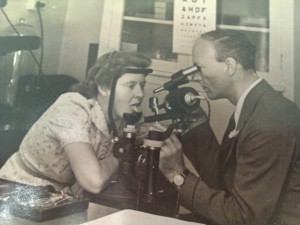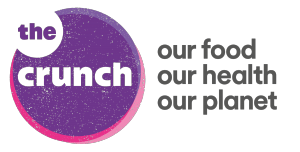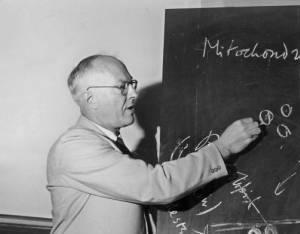Written by Science Engagement Officer, Robyn Hopcroft.
Saturday, 28 May is World Hunger Day. It’s a chance to consider and act to create sustainable solutions to hunger and poverty. MERL is a museum “dedicated to the spirit of the English countryside and its people”. So what do we care about world hunger?
Well, we care about farming, which means we are interested in food production and we want to talk about where that food goes and how local food chains figure in concerns about global food security. So, for instance, we are interested when we hear that 15 million tonnes of food and drink was wasted in the UK food chain in 2013 [pdf] and yet some 793 million people around the world are undernourished.
Learning from the past
“But your collections are so old!” I hear you say, “What relevance do they have to our lives now and in the future? How do they relate to what is going in other parts of the world?” Well I’m glad you asked! Our historical collections provide an excellent opportunity to learn from the past and think about what worked, what didn’t work, and make comparisons to how we do things today. As an academic museum, our collections are important tools for teaching and research, which can feed into future policy and practices.

Hugh Sinclair at work.
This World Hunger Day the focus is on nutrition, and at MERL we hold the Hugh Sinclair archive – a collection that contains an important body of nutritional data. Hugh Macdonald Sinclair (1910-1990) was a pioneer in the field of human nutrition research, and is known for his bold self-experimentation with the Eskimo diet. (He survived on a diet of seal and fish for 100 days.) But it’s Sinclair’s 1940s work on the Oxford Nutrition Survey (ONS) that has relevance to the scientific study of malnutrition.
The ONS examined the diets of a wide range of people including pregnant women, students and manual workers. The resulting data was a useful tool to help ensure that rationing levels were adequate for the population. Survey work was also conducted with malnourished people in the British occupied areas of Germany and The Netherlands after World War II. So here we are at MERL, holding a valuable resource that gives us a window into the past, and that could also be used to help us understand and combat malnutrition today.
Getting hands-on with food and nutrition
To complement our collections, we will also be out and about running some participatory activities. I’ve signed up as an ambassador for The Crunch – a Wellcome Trust initiative that aims to inspire everyone to consider the connections between our food, our health and our planet, so that we can all help create the recipe for a happier, healthier future. I can’t wait to get chatting to people about food and nutrition and some of the obstacles we face to ensure that we can feed a growing population.
 Our first outing using The Crunch resources will be at the University of Reading’s ‘Big Band Lunch’ on Sunday, 5 June. We want to encourage visitors to play some traditional fete games, but also to try something new with food. Perhaps have a taste of some cricket-flour brownies
Our first outing using The Crunch resources will be at the University of Reading’s ‘Big Band Lunch’ on Sunday, 5 June. We want to encourage visitors to play some traditional fete games, but also to try something new with food. Perhaps have a taste of some cricket-flour brownies  and consider the pressing need to find sustainable protein sources? Or try to feed a city with sustainable and healthy food by playing the Hungry City game?
and consider the pressing need to find sustainable protein sources? Or try to feed a city with sustainable and healthy food by playing the Hungry City game?
Hope you can make it!



